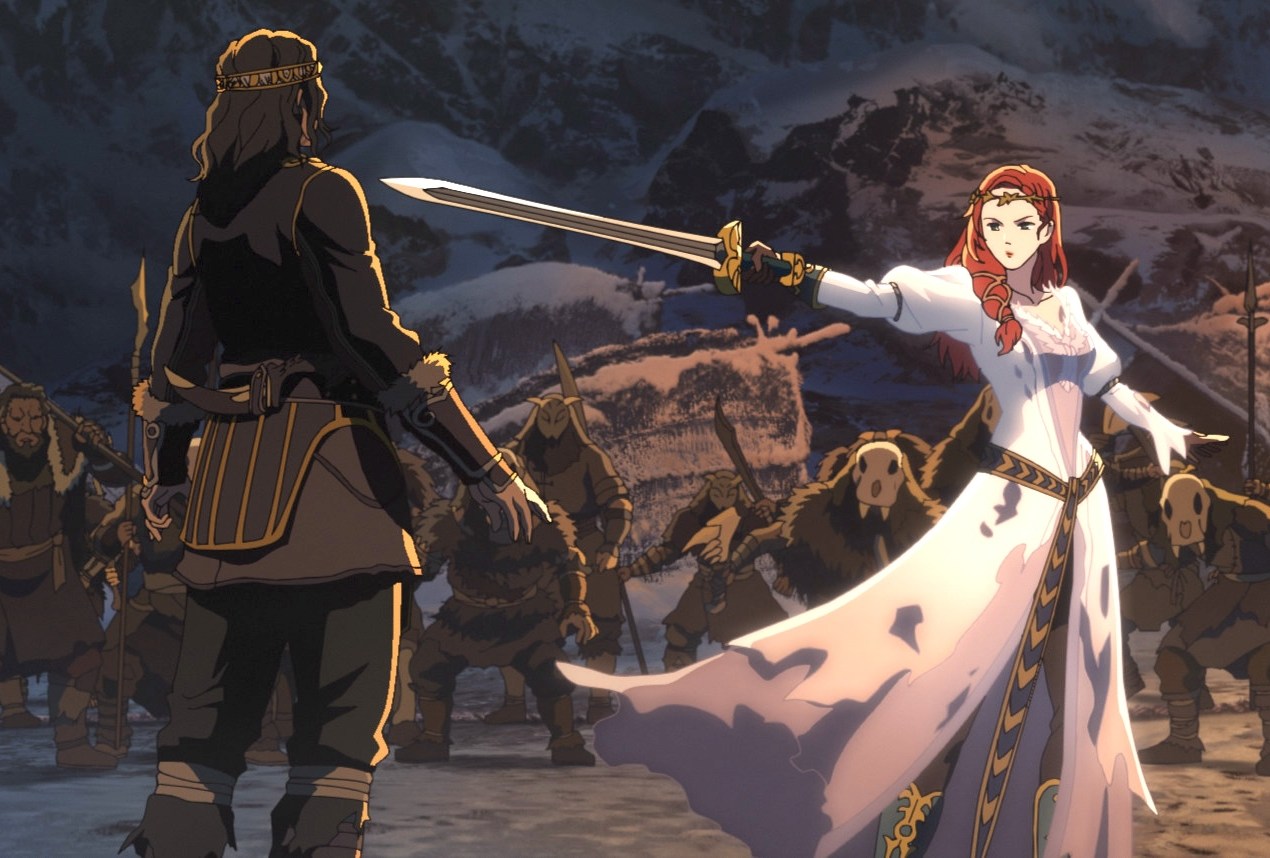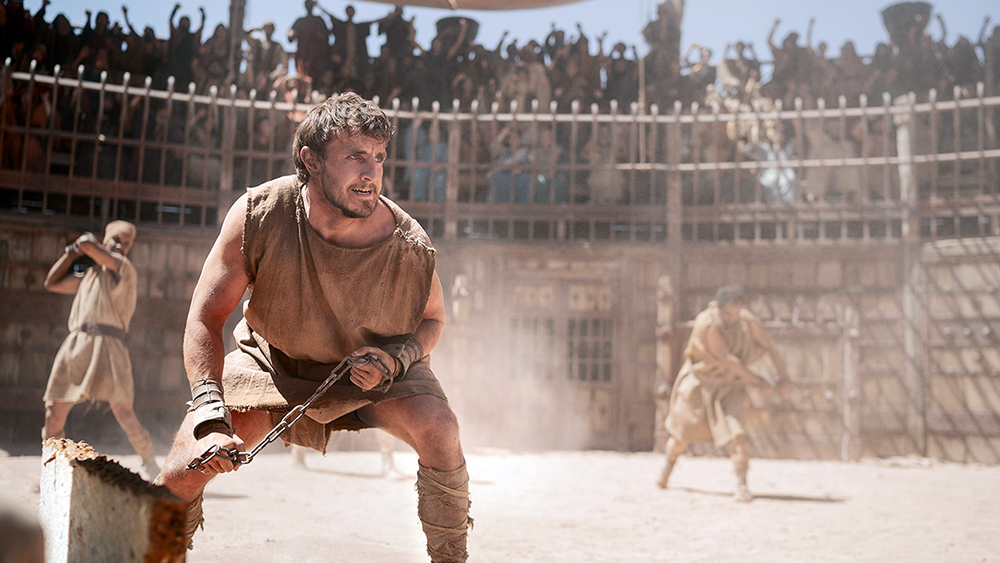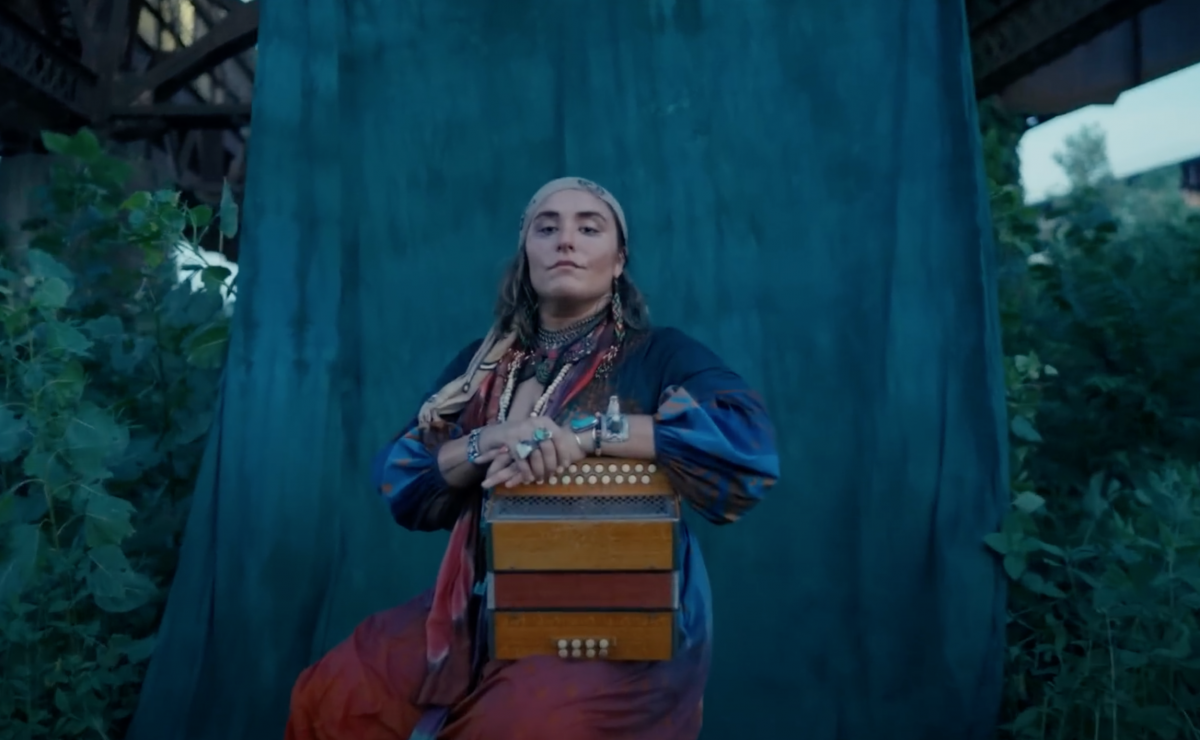In the first year after dual writer and actor strikes rattled the Hollywood establishment, there was much fretting about lackluster box office returns in the first half, followed by much celebration in the second half. But there were gems everywhere for those who searched. We celebrate the best with Flyer Film Awards for 2024. But first, the worst.
Worst Picture
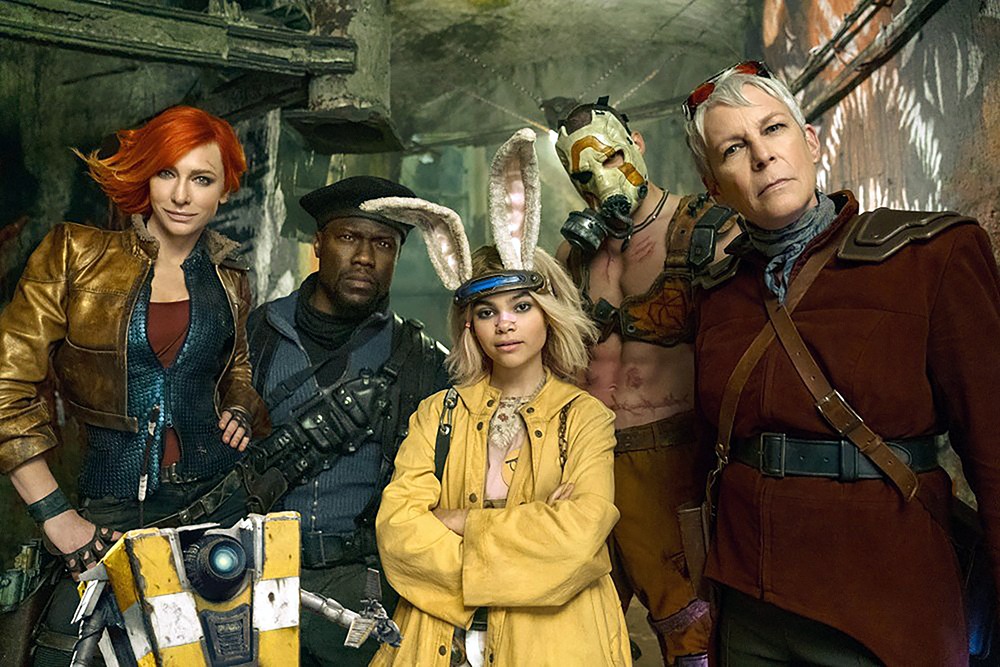
Borderlands
2024’s good video game adaptation was Amazon Prime’s Fallout series. The best thing you can say about Eli Roth’s epic flop is that everyone got paid in advance.
MVP
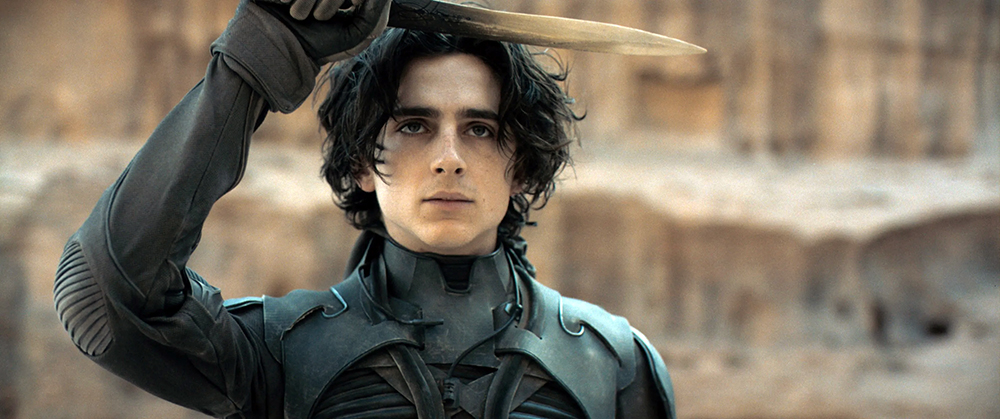
Timothée Chalamet, Dune: Part 2, A Complete Unknown
Muad’dib came alive as the cursed savior of Arrakis, torn between his love for Zendaya’s Chani and the imperial destiny he was bred for. Then, Chalamet sang 40 Bob Dylan songs, live on set, in A Complete Unknown and slayed every one of them. Give this boy some flowers.
Best Performance by a Nonhuman
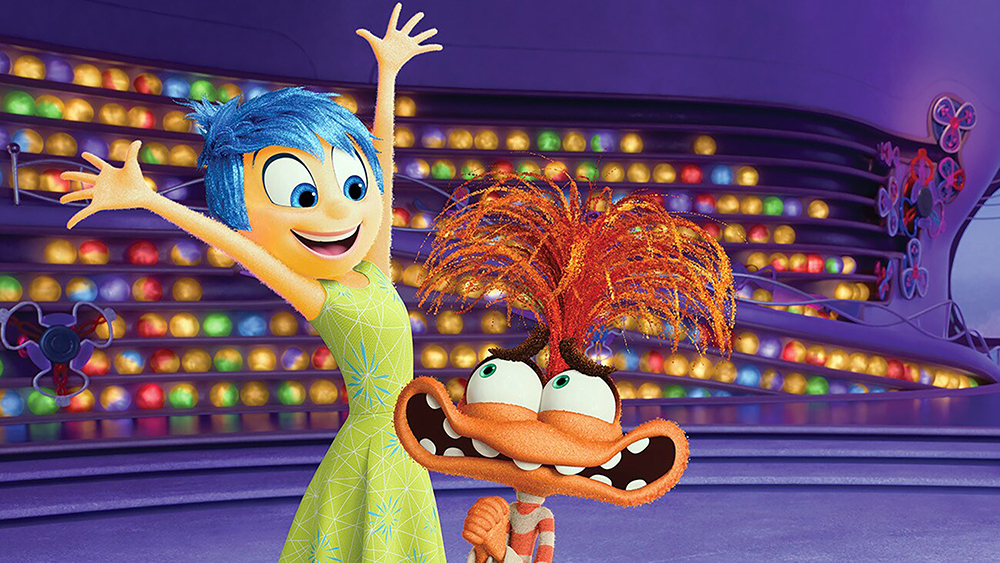
Anxiety, Inside Out 2
Our Age of Anxiety found a mascot in the orange emotion, voiced by Maya Hawke, that invades our tween heroine Riley’s brain when she’s thrown into a competitive situation at hockey camp. I wish I had Inside Out 2 when I was growing up.
Best Interior Spaces
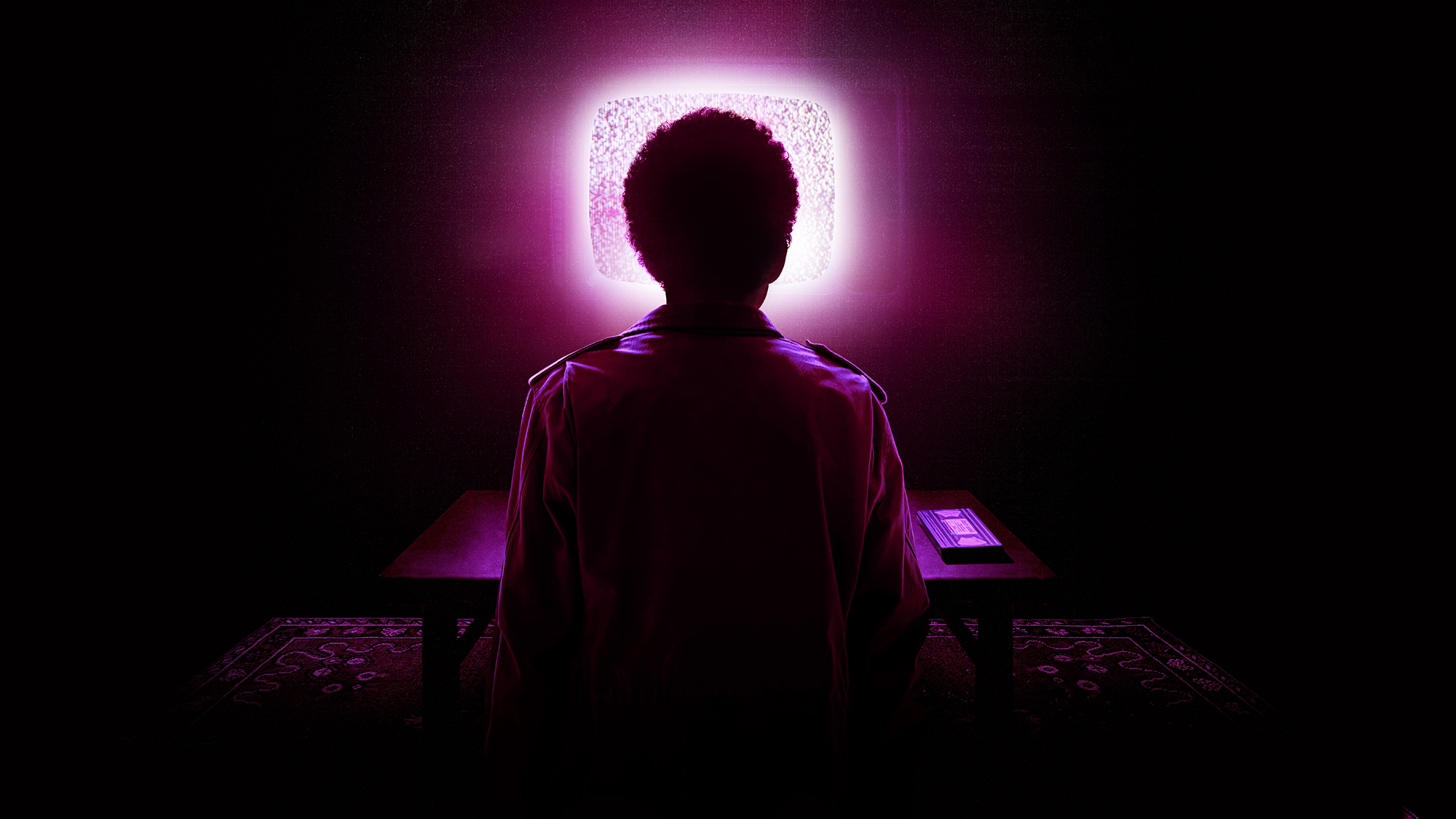
I Saw the TV Glow
Jane Schoenbrun’s ode to fandom is as inexplicable a film as you’ll see this year. Owen is a shy outsider who finds his people when he discovers a cult TV show called The Pink Opaque. He and his friend Maddy slowly lose their own identities as they tune out the rest of the world. But was it all a dream? Where does the dream end and reality begin?
Grossest Picture

The Substance
If Sunset Boulevard were directed by David Cronenberg, it would look something like The Substance. Coralie Fargeat directs Demi Moore as Elisabeth Sparkles, an aging star who will try anything to stay young, including a dangerous drug pushed by a secret organization. When Margaret Qualley bursts from her body as her younger self, she’s reluctant to get back in. Then the real body horror begins.

Best Animated Film
Boys Go to Jupiter
It was a banner year for animation, with the triumphal Inside Out 2, The Wild Robot, the plucky Latvian animal eco-fantasy Flow, and the epic Lord of the Rings: War of the Rohirrim. But this tiny team from Pittsburgh, led by Julian Glander, made a joyously subversive story of a delivery boy trying to beat the system, and the alien egg he finds along the way.
Best Cinematography

Nickel Boys
RaMell Ross’ story of two Black boys sent to a brutal reform school in 1960s Florida works its empathetic magic through first-person camera work, courtesy of cinematographer Jomo Fray. Equal parts gorgeous and brutal, but never banal.
Biggest Performance
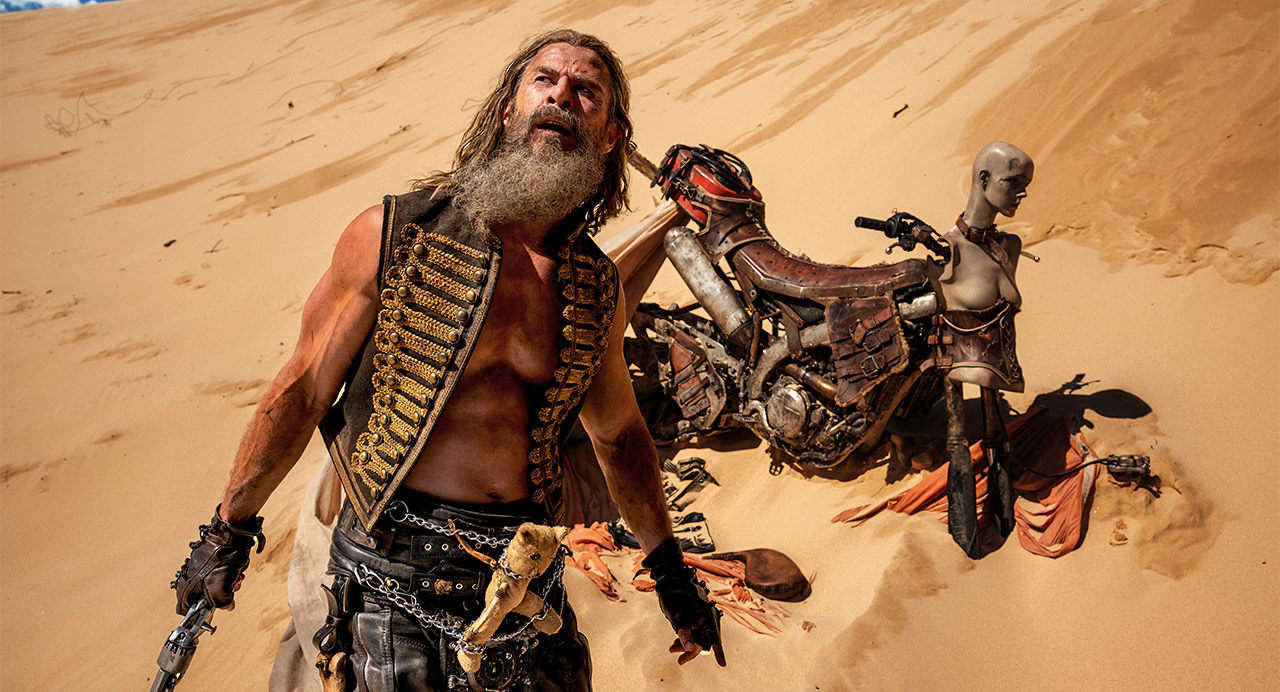
Chris Hemsworth, Furiosa: A Mad Max Saga
Director George Miller’s origin story of his Fury Road protagonist is as epic as it gets, and Hemsworth has the juice as the biker warlord Dementus. Hemsworth’s words and deeds are as big as the Wasteland’s horizon, but he leads us through decades, subtly changing Dementus’ bluster to show his loosening grip on sanity. When he gets his comeuppance from Furiosa, you almost feel sorry for him. Almost.
Best Documentary
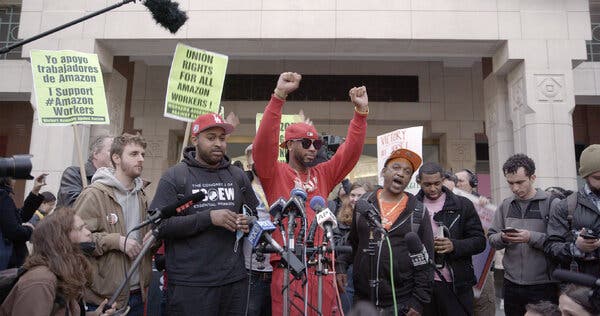
Union
Against all odds, the warehouse workers at Amazon’s JFK8 warehouse on Staten Island successfully got their union recognized by the NLRB, after years of grinding organizing and union busting goons. You won’t find Brett Story and Stephen Maing’s Sundance-winning documentary on Amazon Prime, and if Jeff Bezos gets his way, you won’t see it anywhere. The filmmakers are self-distributing, so seek it out.
Best Picture

Anora
Sean Baker’s masterpiece follows stripper and sometime prostitute Ani as she falls in love with one of her clients, the wastrel son of a Russian oligarch. But when they marry in Las Vegas, and his parents (and the Russian mafia of New York) get wind of it, the whole fantasy falls apart. Baker and Mikey Madison get my personal Best Director and Best Actor awards. Everything about Anora is perfect.


